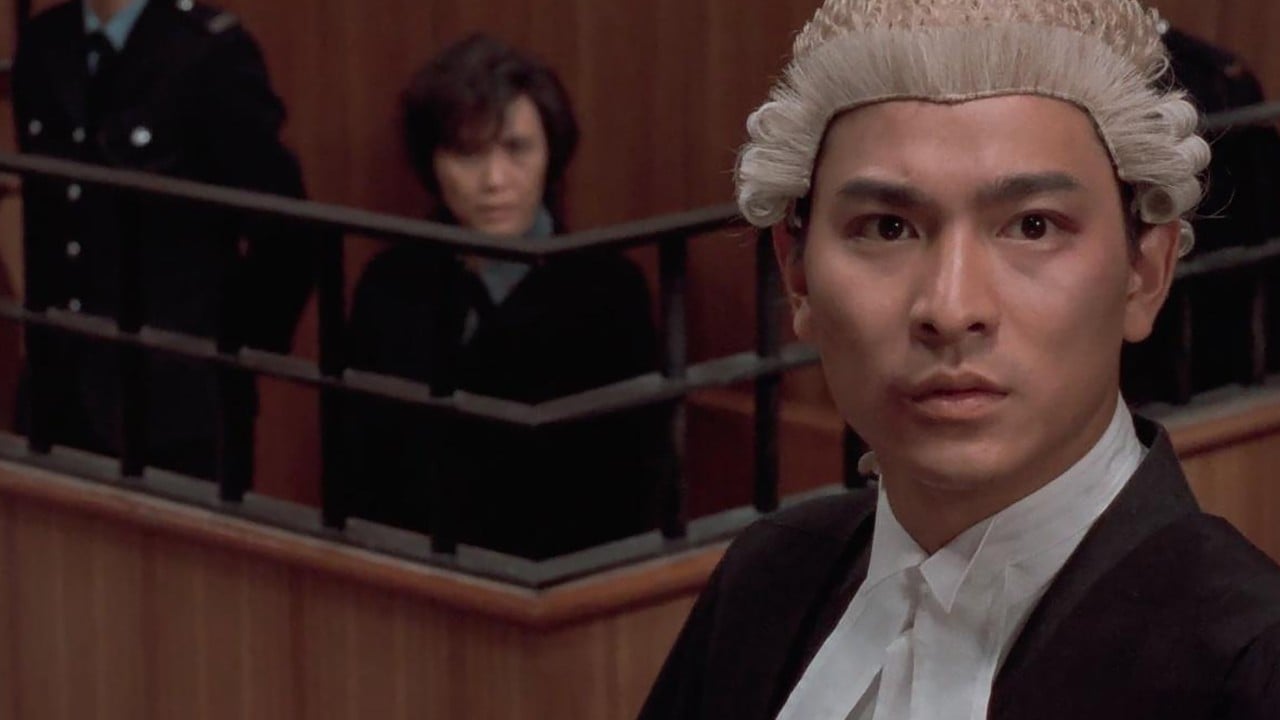Across the globe, countless films depict trials in which defendants face serious charges before a jury, with suspense building until the final verdict is revealed in the last few minutes before the credits roll.
Advertisement
A notable example is the 1985 Hong Kong film The Unwritten Law, featuring a young Andy Lau Tak-wah as a defence barrister. This classic is popular in Hong Kong, as well as among Chinese-speaking communities in Asia and beyond. Since then, numerous courtroom thrillers involving juries have been produced, many achieving success at the box office.
The jury system is a common feature of many common law systems, although it has been abolished in some jurisdictions such as Singapore.
Introduced in Hong Kong in 1845, the jury system has in effect been in operation for more than 175 years. Its importance and widespread acceptance are underscored by Article 86 of the Basic Law, which states: “The principle of trial by jury previously practised in Hong Kong shall be maintained.”
Juries are mainly used in criminal trials for more serious offences tried in the Court of First Instance. The essential function of a jury is to determine the relevant facts of a case from the evidence presented in court and to apply the law as directed by the judge. The judge addresses points of law and jurors assess the facts, applying their common sense and life experience to determine the truthfulness of witness testimony.
Advertisement
The jury system allows members of the community to participate in the criminal justice process, bringing their perspectives and experiences. It also plays a pivotal role in maintaining public confidence and legitimacy in the criminal justice system, as jurors gain first-hand insight into the operation of the justice system through their participation.
Of course, it must be recognised that for historical reasons – as trials in Hong Kong were conducted solely in English and the English-speaking population was relatively small – the vast majority of criminal offences in Hong Kong have been tried in the Magistrates’ Court and the District Court, where there are no juries, and yet sentences can be up to seven years.

